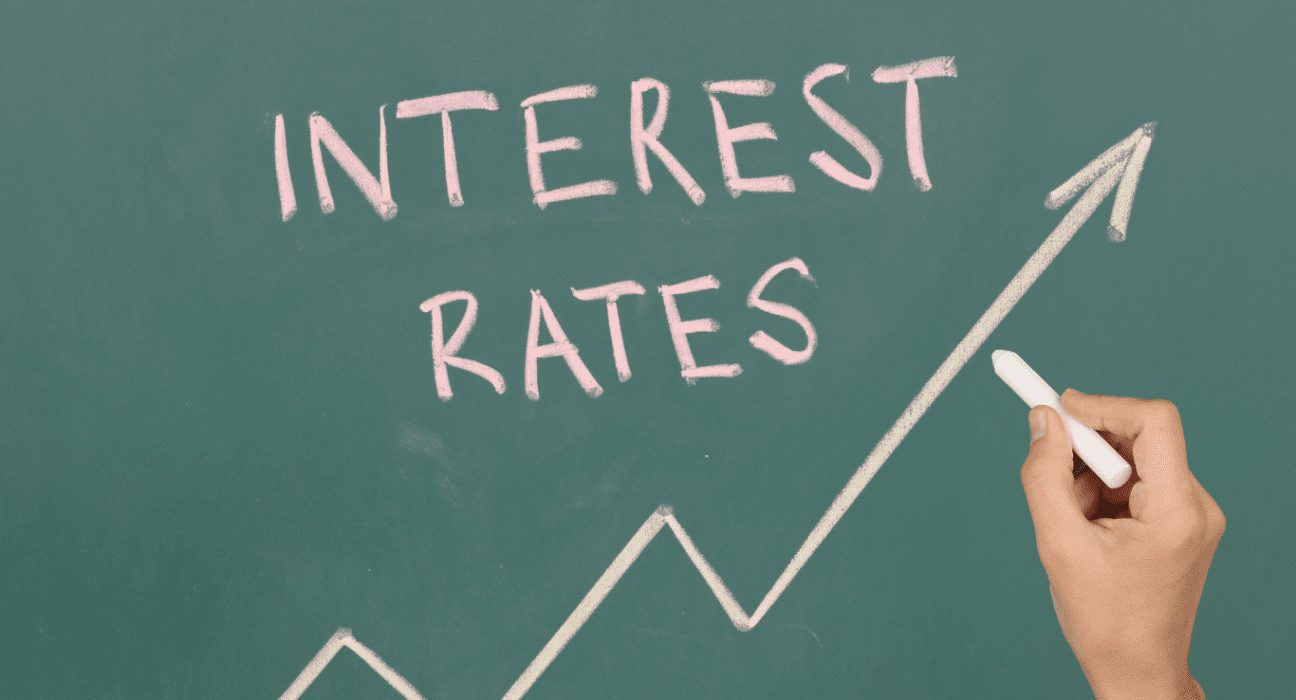Philadelphia Fed President Patrick Harker spoke at La Salle University on Tuesday and stated that the Federal Reserve needs to continue raising interest rates at a quarter-percentage point pace until they reach above 5%. Harker’s comment comes amidst a continued push to control inflation that has been increasing in recent months.
Harker believes that inflation continues to be an issue and that food inflation is still high due to supply chain issues. He forecasted that core inflation would remain around 3.5% this year, above the central bank’s 2% target but still indicative of progress in the right direction.
Despite inflation concerns, Harker is not forecasting a recession. He believes that the U.S. labor market is still too hot to indicate any significant downturn. Harker predicts that the U.S. economy will grow at a slim rate of 1% this year before strengthening to about 2% next year.
The remarks from Harker come amidst mixed economic data. The January consumer price index report was “good” and showed continued moderation in inflation. However, the pace of improvement is not quick enough, and Harker believes that inflation will take some time to come down.
Investors were not reassured by Harker’s comments, as stocks were lower on Tuesday, and the yield on the 10-year Treasury note rose to 3.76%.
Gradual Interest Rate Hikes
Harker’s comments align with the Federal Reserve’s push to keep inflation under control by raising interest rates. The central bank has already increased interest rates three times in 2022, and there are concerns that this could hurt the economy’s growth.
However, Harker believes that raising interest rates at a gradual pace is the best way to achieve the target of over 5%. He stated that “how much is going to depend” on the situation.
The Federal Reserve’s current interest rate is between 0.5% and 0.75%. Harker’s comments suggest that the central bank may raise interest rates by 1% or more over the next year.
Inflation Concerns
Inflation has been a major concern for the Federal Reserve in recent months. The pandemic has disrupted global supply chains, leading to a shortage of goods and rising prices. The supply chain issues have been compounded by labor shortages, which have led to higher wages and increased costs.
Inflation can hurt the economy in several ways. Higher prices can reduce consumer spending, which accounts for more than two-thirds of the U.S. economy. Inflation can also increase borrowing costs, which can make it harder for businesses to invest and expand.
The Federal Reserve is tasked with keeping inflation under control while also promoting economic growth. Harker’s comments suggest that the central bank is taking inflation concerns seriously and is willing to raise interest rates to keep prices under control.
Conclusion
Harker’s comments suggest that the Federal Reserve will continue to raise interest rates at a gradual pace until they reach above 5%. This is in line with the central bank’s push to control inflation, which has been rising in recent months.
While Harker’s comments have caused some concern among investors, they suggest that the Federal Reserve is taking inflation seriously and is willing to act to keep prices under control. Harker’s comments also indicate that the U.S. labor market remains strong, which is a positive sign for the economy.
As the Federal Reserve continues to navigate the economic impact of the pandemic, it is clear that inflation concerns will remain a major issue. The central bank will need to balance the need to control inflation with the need to promote economic growth, and Harker’s comments suggest that gradual interest rate hikes are the best way to achieve this balance.










